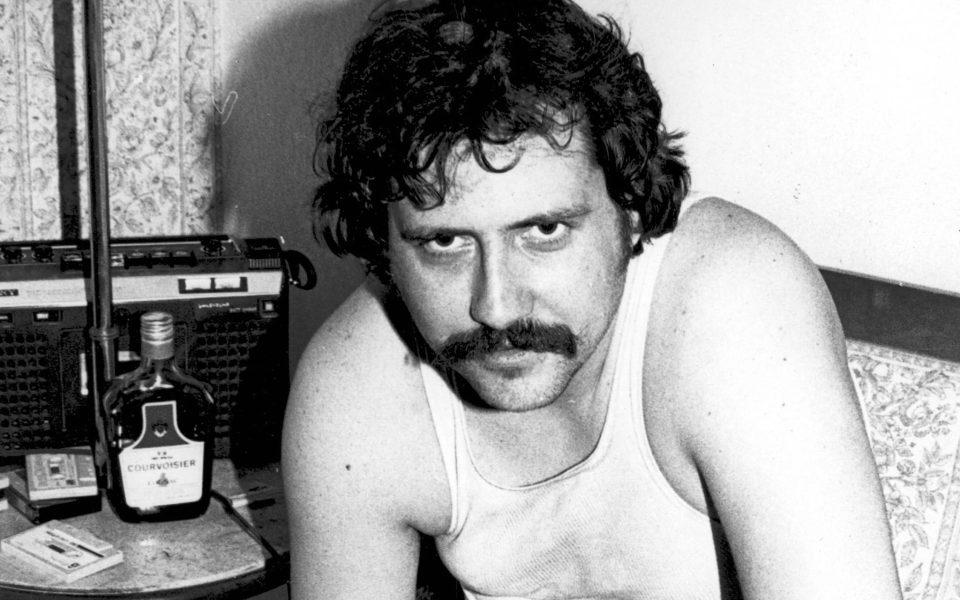 They all want to be rock journalists, or music writers, or whatever it is they do at Pitchfork.
They all want to be rock journalists, or music writers, or whatever it is they do at Pitchfork.
Maybe they saw Almost Famous or got into their parents’ old issues of Rolling Stone — the ones from the 1980s — and have visions of cover stories shot by Annie Leibovitz.
Or maybe they’re aficionados, self-proclaimed arbiters of taste who are more than willing to impose their learned views upon the rest of the less-seasoned ears.
Or they’re superfans eager to show the artists just how much they appreciate their work, how much they get it. Much more so than anyone else who merely listens to the music.
Hipsters dying to articulate why your favorite band sucks. Klosterman clones shoehorning pop-psych significance into every stupid metal lyric. True nerds who need the notebook and camera just to shield themselves from the rock-show crowds. Old farts trying to re-insert themselves into the slipstream of cool.
That last, I suppose, describes me pretty well this week as I delved into the music beat for the first time in a long time (see the results on page 12). And at times I have been every one of them. But unlike so many of the young feature writers I encounter today, I do not want to be a rock journalist.
That wasn’t always the case. There was a time when all I wanted out of my journalism degree was to get myself backstage with the Meters.
But the truth about rock journalism, which the aspirant discovers very quickly upon beginning the venture, is that there’s no backstage — not in the sense that the young party people like to think. There’s probably more action in the public restroom of a bus station. Most of the job, if you’re doing it right, involves standing in half-empty rooms trying to get something out of music that can vary widely in terms of quality. You have to be willing to listen to everything, not just your favorite bands. And you will not be hired to go on tour and “cover” your favorite band.
It’s publicists who cover the tours and studio sessions — and, quite often, dictate the content of published interviews and articles. Regular press got pushed to the wrong side of the velvet rope years ago, right around the time album art became irrelevant. Genres are dead. And anyone can write a review of an album, a profile of a band, a gushing assessment or blistering critique of a live performance. Except on the local level, there’s no such thing as a rock journalist anymore. And everything else is just PR.
Join the First Amendment Society, a membership that goes directly to funding TCB‘s newsroom.
We believe that reporting can save the world.
The TCB First Amendment Society recognizes the vital role of a free, unfettered press with a bundling of local experiences designed to build community, and unique engagements with our newsroom that will help you understand, and shape, local journalism’s critical role in uplifting the people in our cities.
All revenue goes directly into the newsroom as reporters’ salaries and freelance commissions.





Leave a Reply